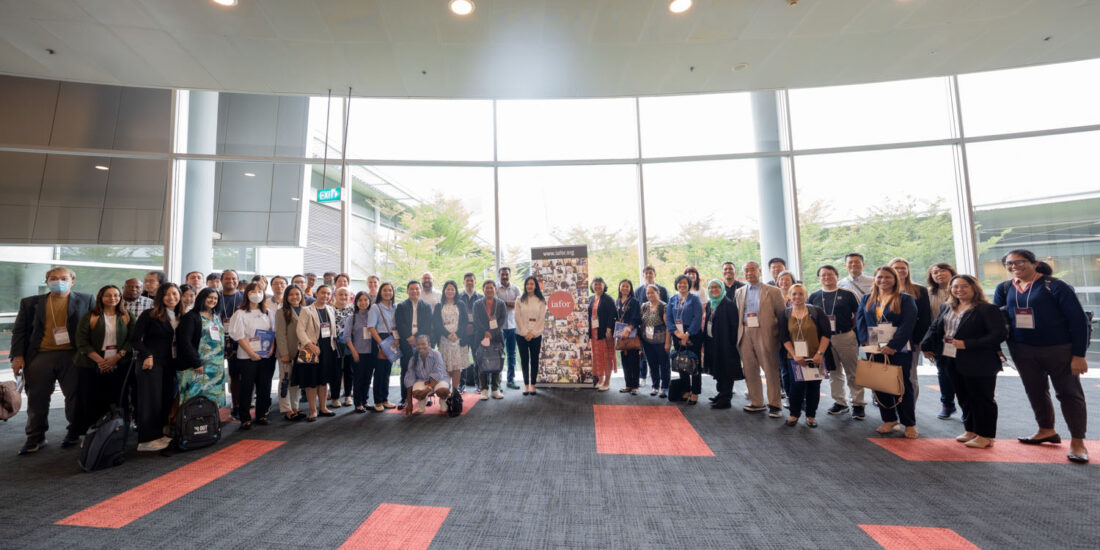The 4th Southeast Asian Conference on Education (SEACE2023) successfully brought together professionals, enthusiasts, and experts from diverse backgrounds to explore, challenge, and celebrate the evolving landscape of education in the Southeast Asian region.
This event, held in partnership with Singapore Management University (SMU) and the IAFOR Research Centre at the Osaka School of International Public Policy (OSIPP) at Osaka University, Japan, exemplifies IAFOR’s internationalising mission, bringing together more than 200 delegates from 32 countries.
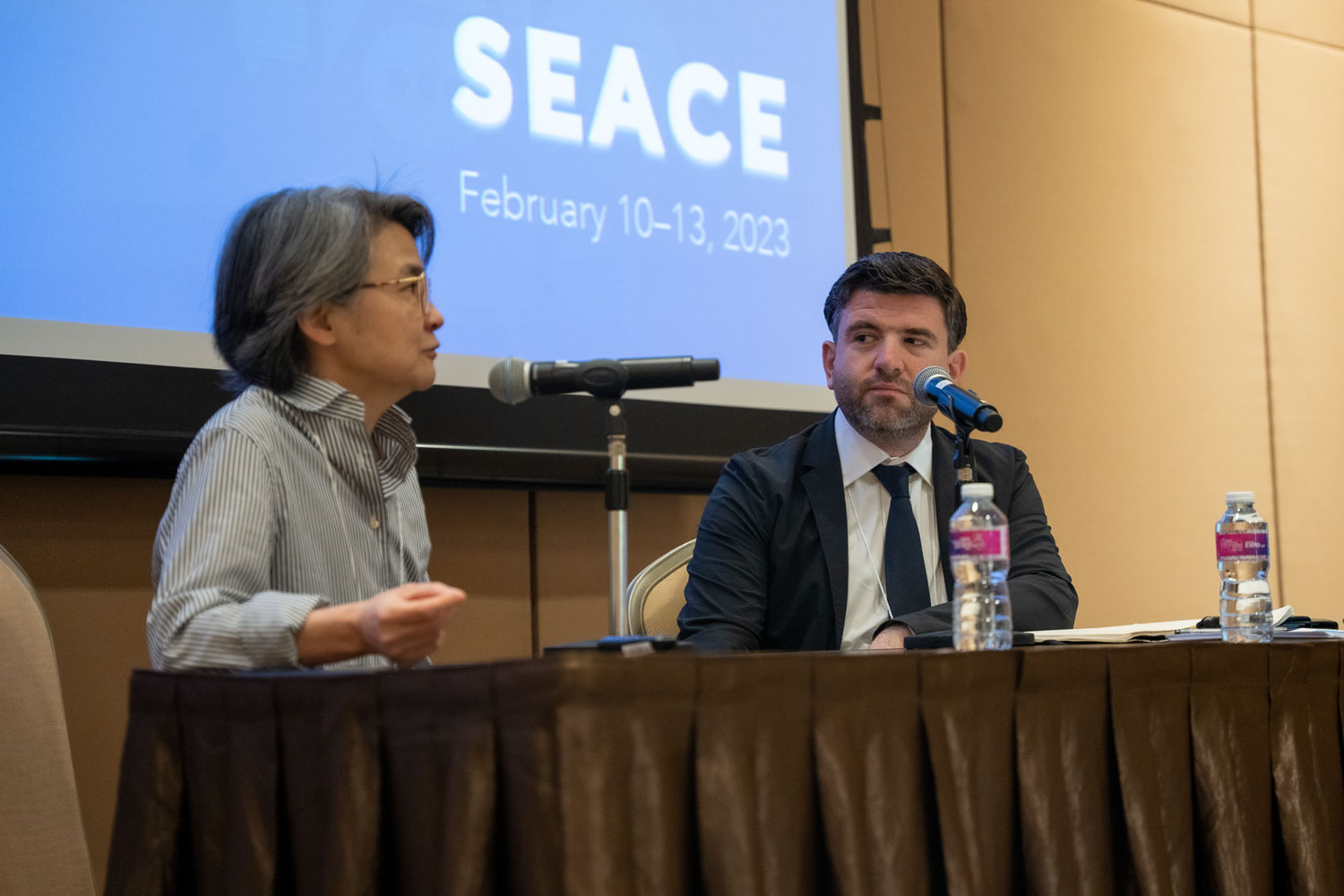
The conference was launched with an enlightening panel discussion from Joseph Haldane, CEO & Chairman of IAFOR, and Haruko Satoh, Specially Appointed Professor at the Osaka School of International Public Policy (OSIPP). The pair reflected on the last onsite conference in Singapore before the global pandemic in February 2020. The discussion highlighted subsequent challenges and opportunities stemming from online and hybrid conferences, collaborations with other academic events, and international research projects, including disease outbreaks on cruise ships and Japan-Korea initiatives, along with the significance of partnerships like the ASEAN Career Fair with Japan and ESG-IREC.
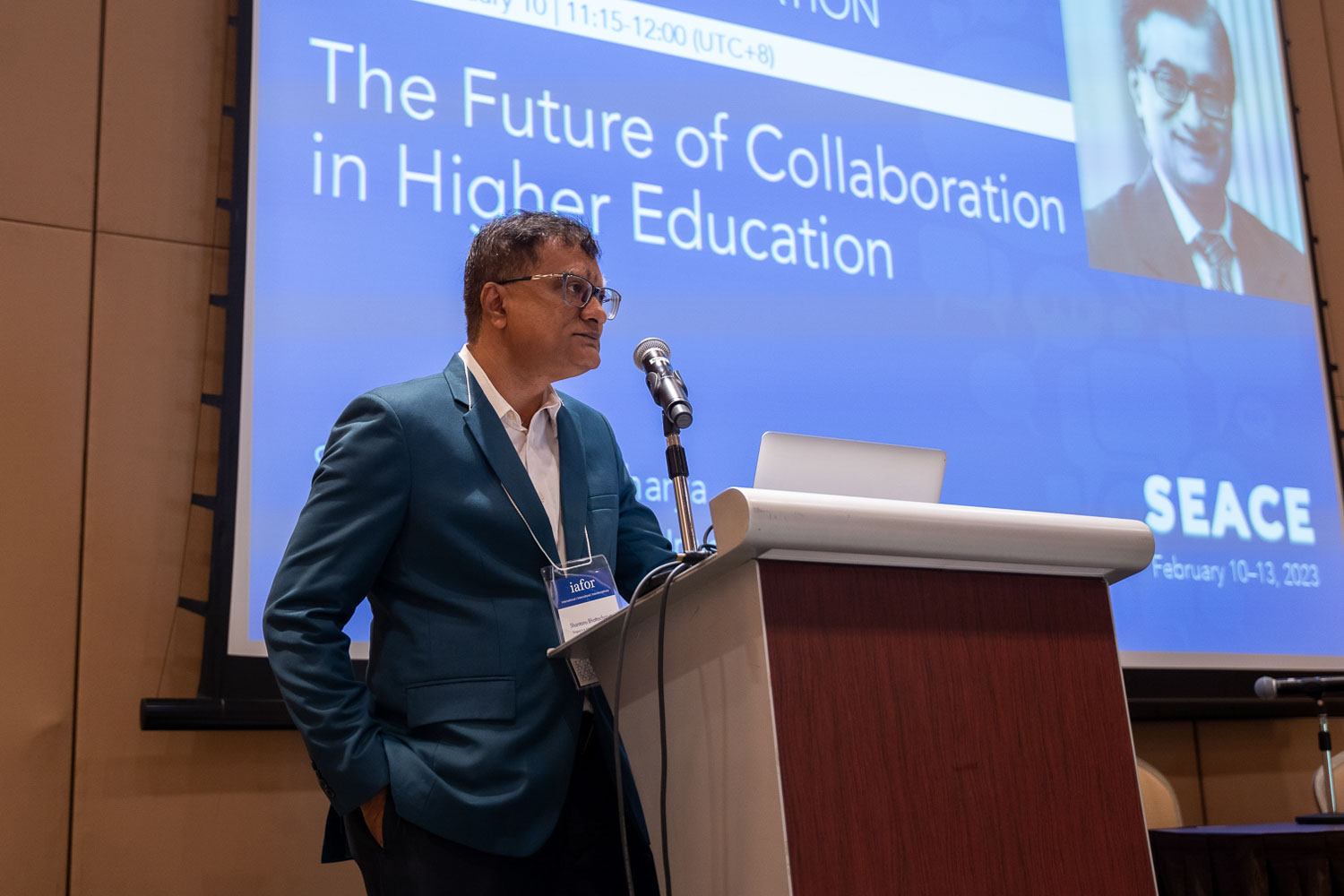
Day one of the conference also featured a keynote from Shantanu Bhattacharya, Professor of Operations Management at SMU, Associate Dean of MBA, EMBA and DBA Programmes and Academic Director of the EMBA, DBA and DINN Programmes. The session explored the evolving landscape of higher education, focusing on collaboration with the private sector for recruitment and technology, engagement with government and civil society to maintain education's value, and inter-institutional collaboration to share best practices, ultimately offering a roadmap for future collaborative efforts.
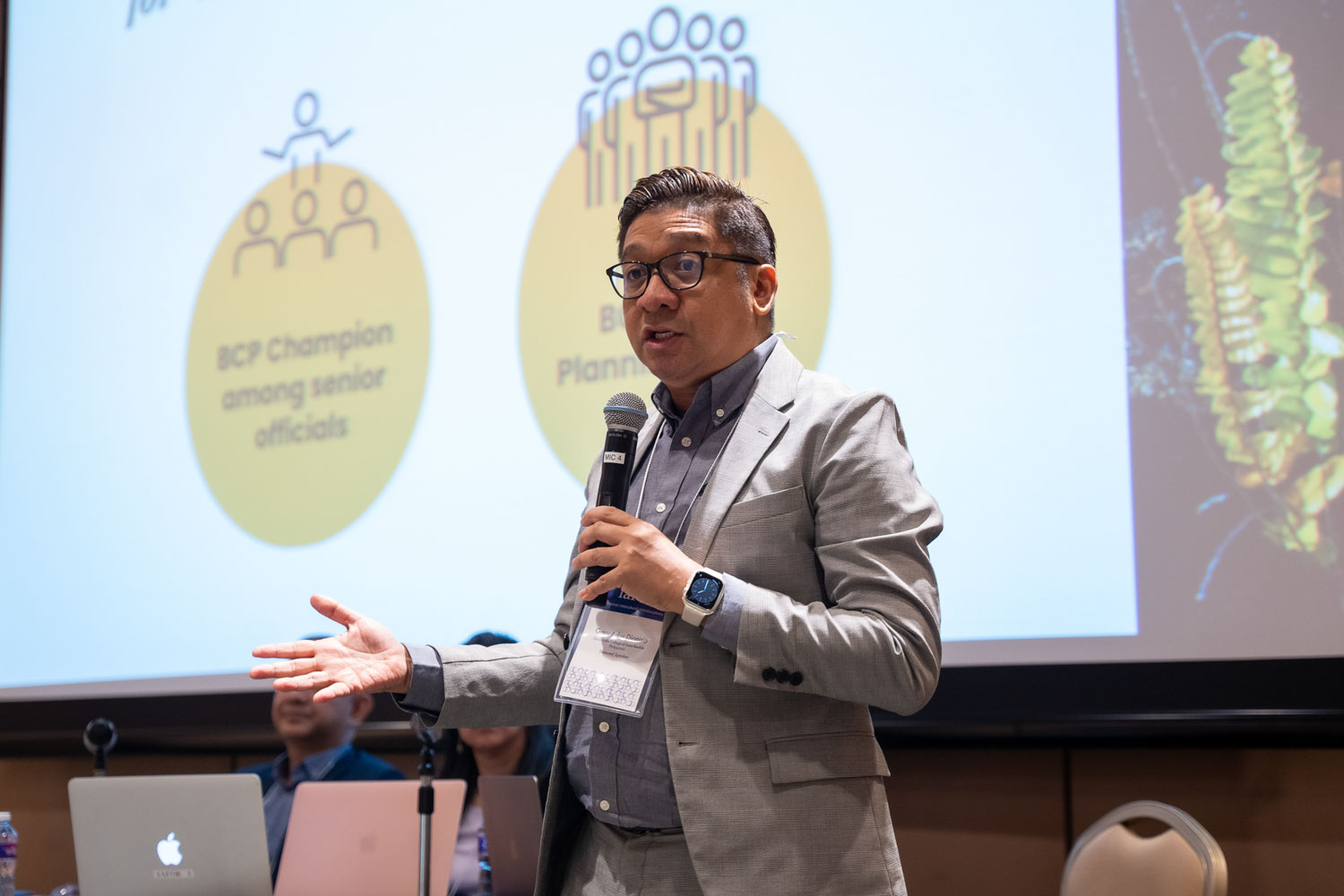
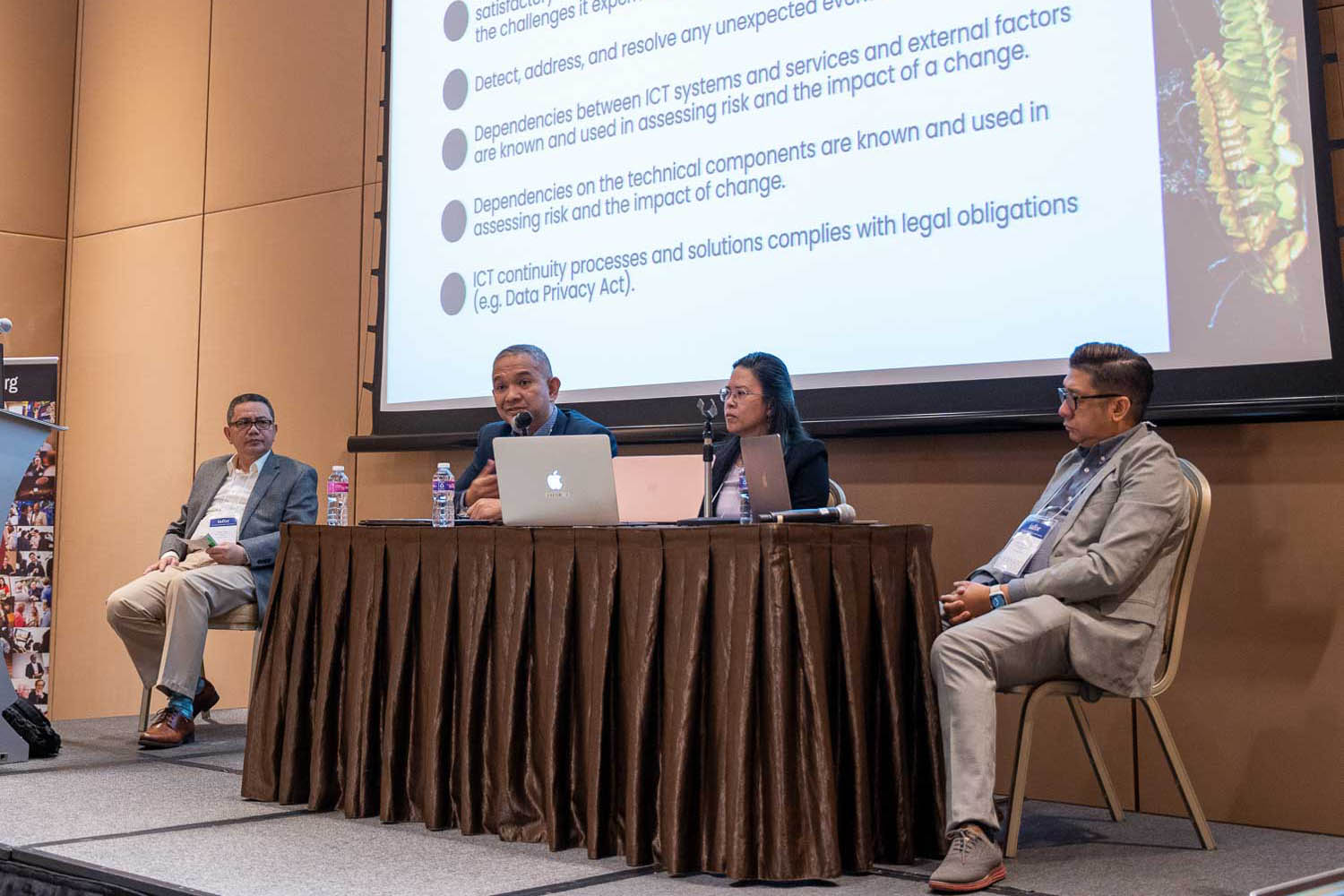
Several panel presentations from the Philippines were scheduled in the afternoon. The first panel was from De La Salle University and De La Salle-College of Saint Benilde. The team of four consisted of Dr Gary Ador Dionisio, Dean of the De La Salle-College of Saint Benilde School of Diplomacy and Governance (BENILDE), Dr Sherwin E. Ona, Associate Professor and former chairperson of the Political Science and Development Studies Department of De La Salle University, Allen Surla, Assistant Professor of the Political Science & Development Studies Department of De La Salle University, and Gabrielle Iglesias, Capacity Building Specialist in Disaster Risk Management and Climate Change Adaptation.
The research team discussed the vulnerability of Philippine institutions of higher learning to natural disasters and disruptions, including the recent impact of the COVID-19 pandemic, highlighting the need for preparedness and resilience measures, which will be the focus of a panel featuring experts from the BCP4SUCs Project by the Philippine Commission on Higher Education.
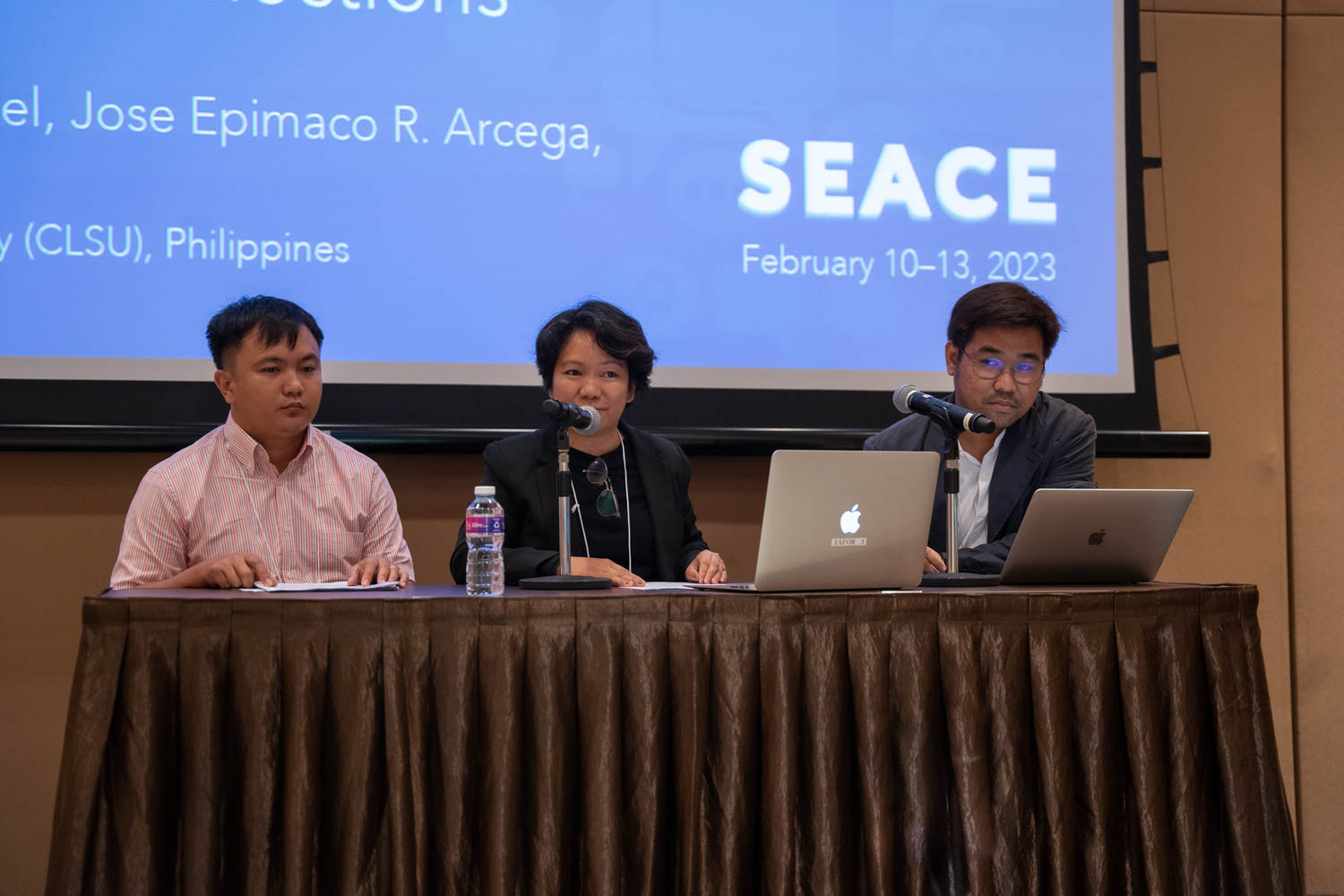
The second panel was from Central Luzon State University, including Melanie Tolentino, Associate Professor of Sociology, Jose Epimaco R. Arcega, an Instructor of the Department of Social Sciences, and Professor Floper Gershwin Manuel, Assistant Professor at the Social Sciences Department.
The panel focused on the transition from face-to-face classes to distance learning after the two year shutdown. While students faced challenges involving a lack of teacher interaction, they appreciated the flexible pace and abundant online resources. The panel also summarised efforts to compensate for restricted mobility including the building of museum collections that exhibit cultural traditions and technology in agriculture in a state university, prompting the exploration of innovative post-pandemic learning approaches.
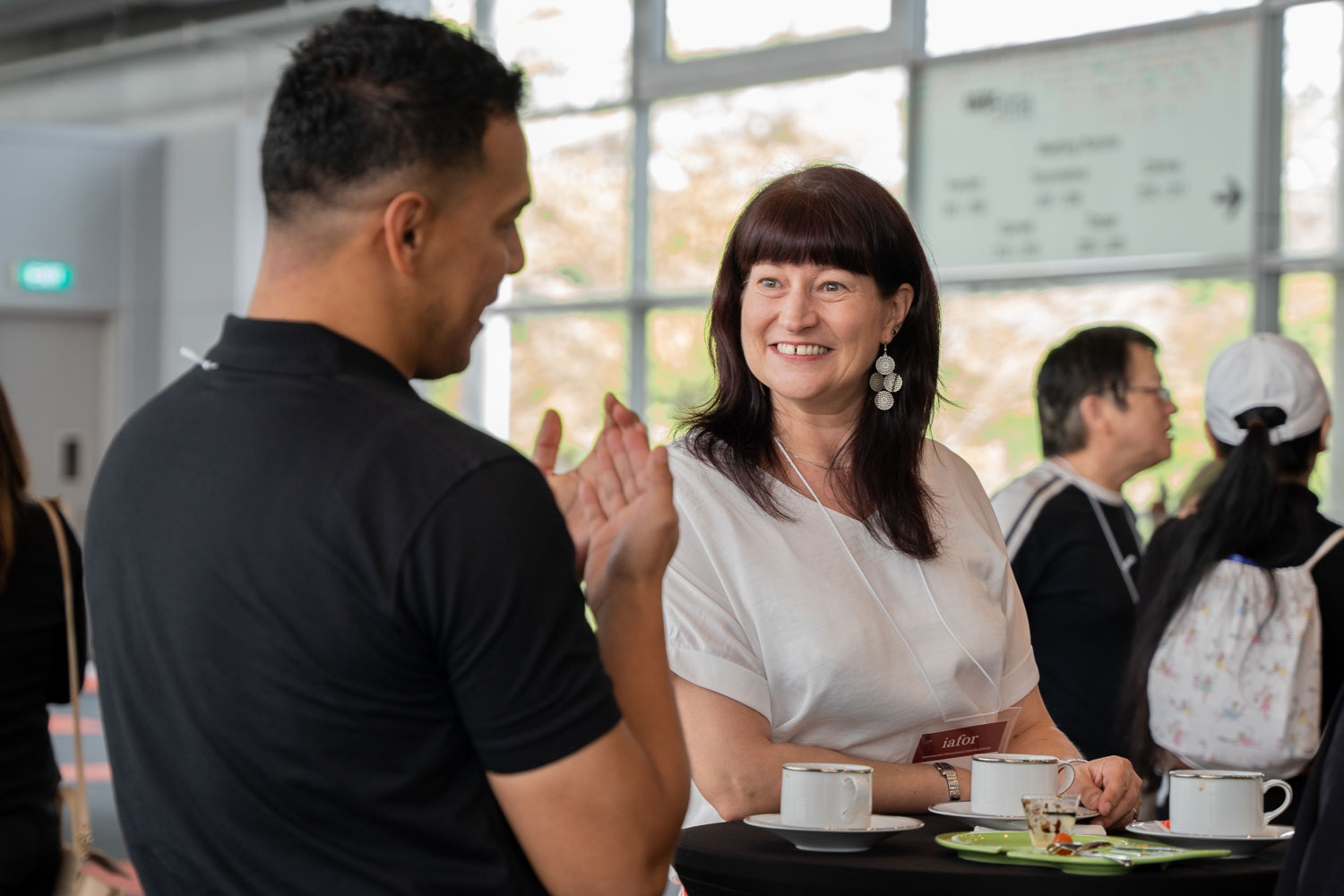
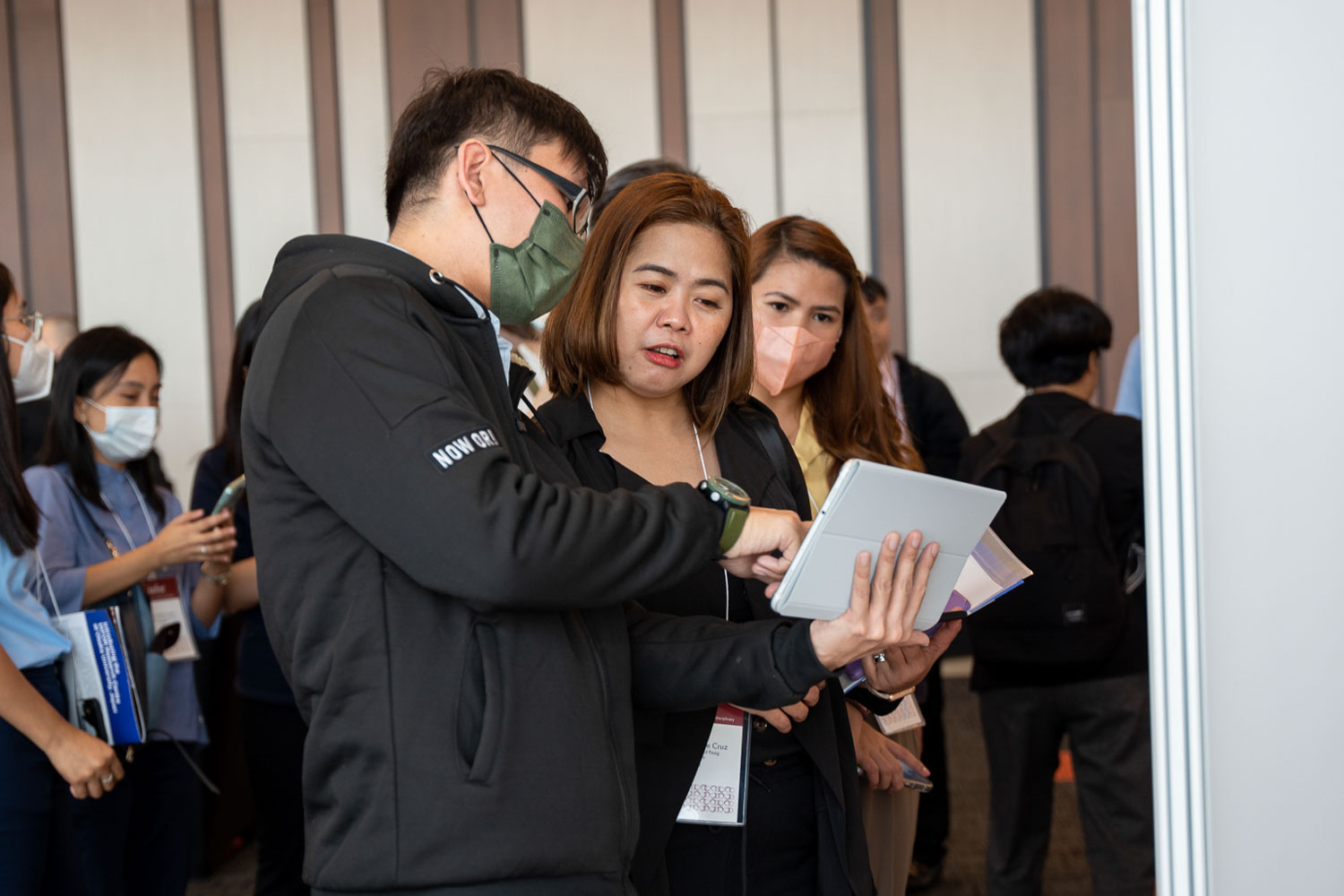
Days two and three were parallel presentation days held at MAX Atria, Singapore EXPO, before day four was held entirely online.
While formal presentations are the backbone of IAFOR conferences, the value of informal, yet intellectual, interaction among peers is not overlooked. Unique to Singapore, delegates were scheduled to visit the Gardens by the Bay where they could experience the beauty of the Supertree Grove, the Dragonfly & Kingfisher Lakes, the Sun Pavilion, and more. Unfortunately, the spring season in Southeast Asia is unpredictable, and the heavy seasonal rains led to the cancellation of the cultural tour. Delegates were also invited to the conference dinner, which took place on Saturday, February 11 at Fu Lin Men.
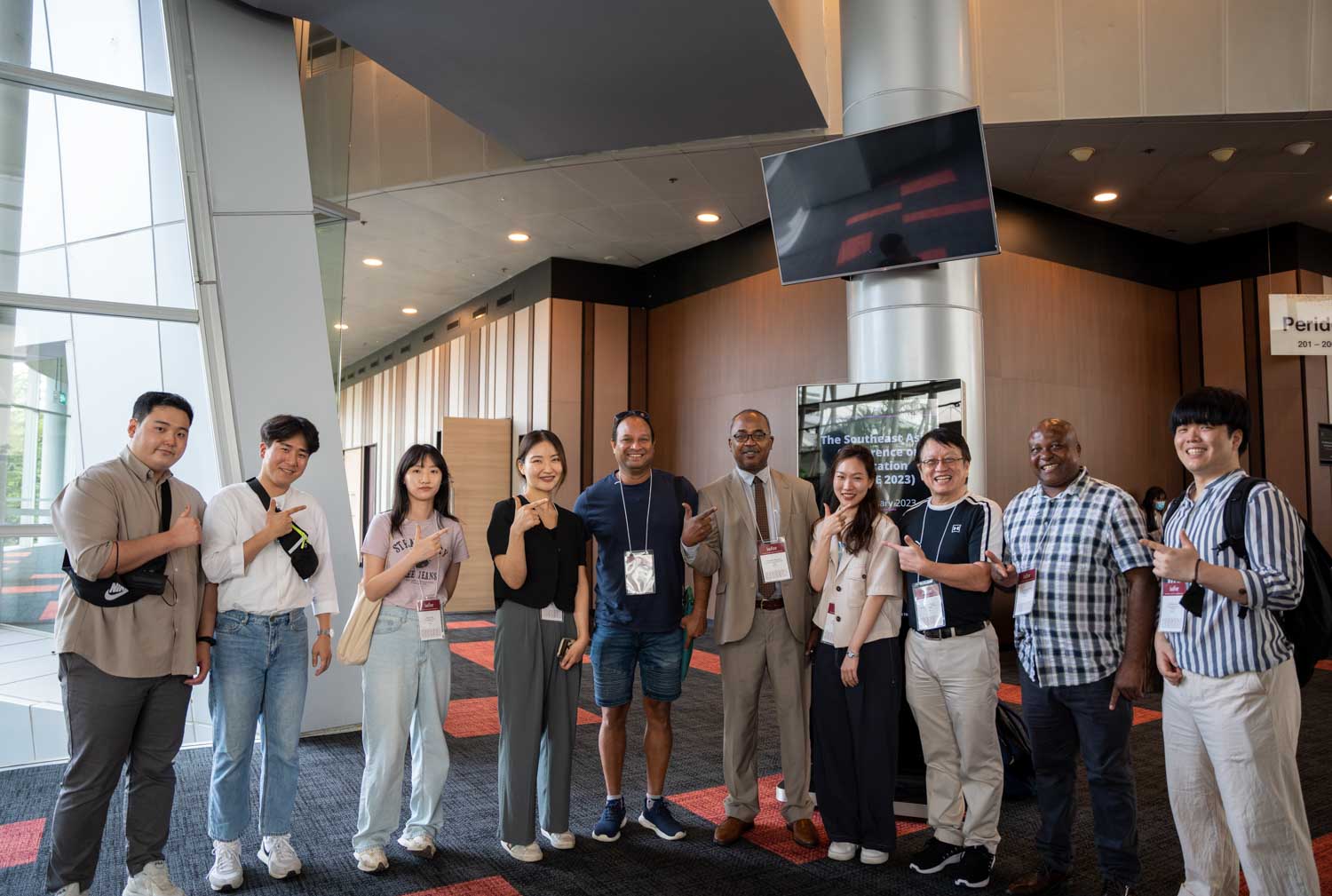
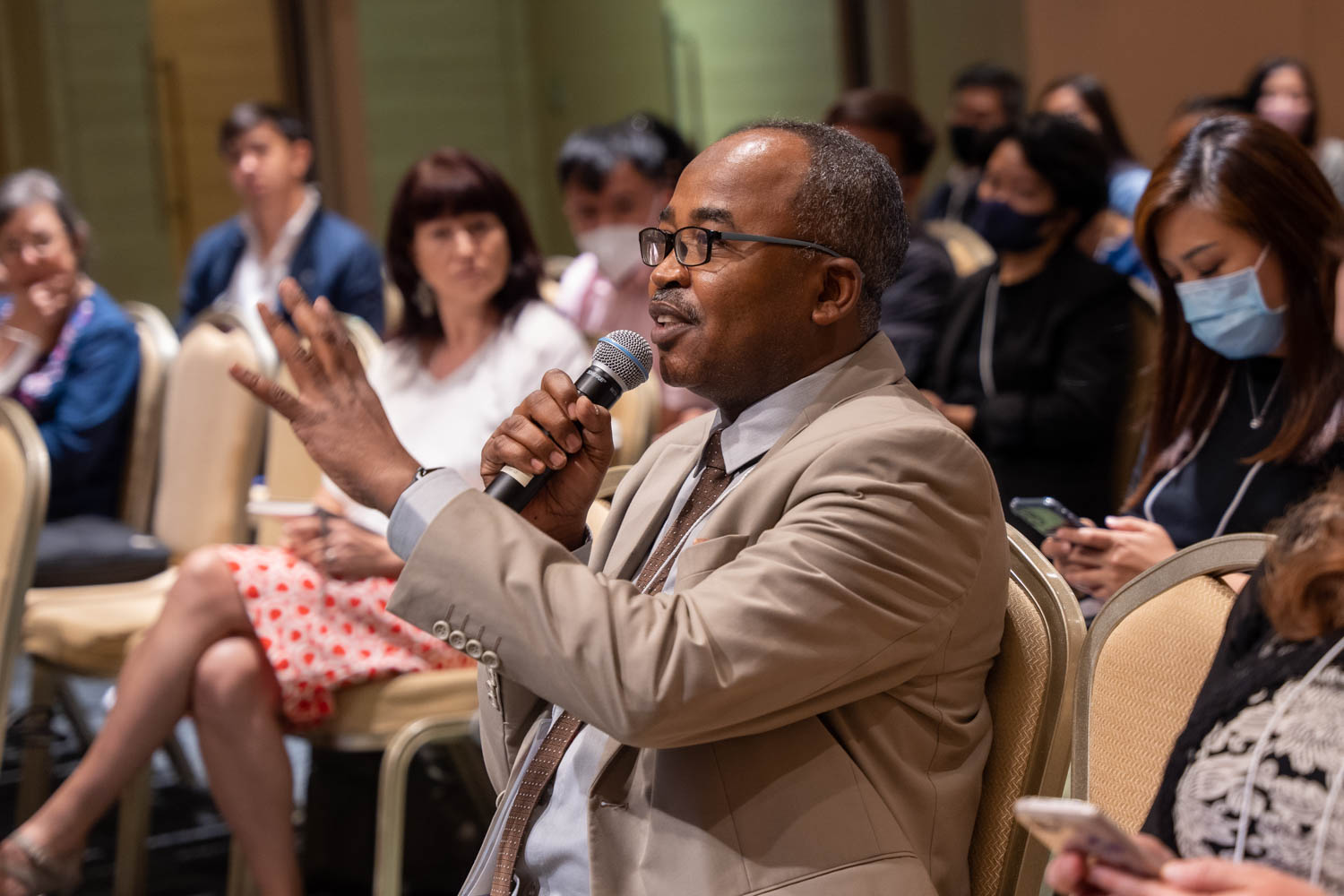
As we look towards future events, we are grateful to the speakers, participants, and Organising Committee for their commitment and contributions. For those who missed out, online catch-up options and high-quality recordings of plenary presentations are available on the official conference websites.

